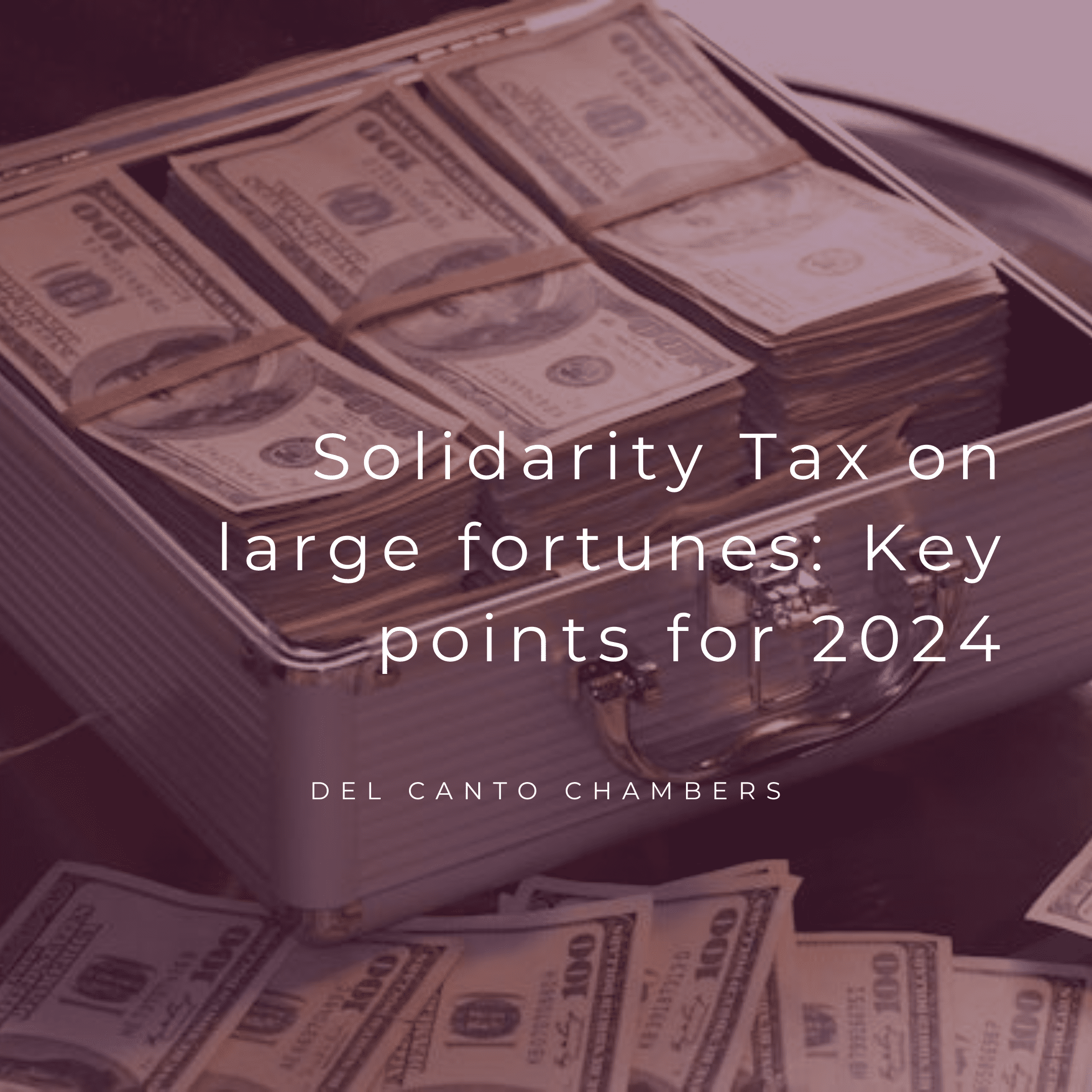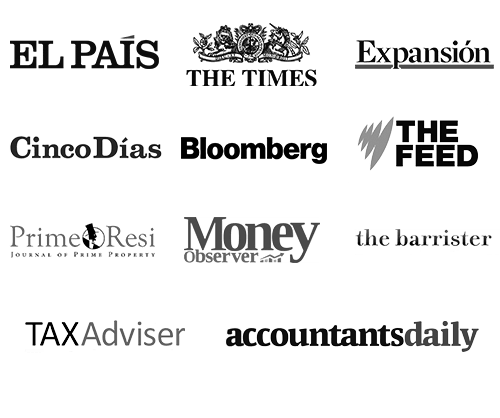Wealth tax: a small tax for such a big debate. As the government considers the country’s economic position following the Covid-19 pandemic, calls are being made for the implementation of a wealth tax.
Speaking in early July 2020, the shadow chancellor Annaliese Dodds said that the government needs to look at the injustice of the poorest in society paying proportionally more tax than high earners. She noted that the wealthy derive a significant amount of their income from their assets.
Around the same time, former cabinet secretary Sir Gus O’Donnell said that the government could demonstrate its commitment to fighting inequality and levelling-up the country by raising taxes on wealth.
Currently, tax from capital income or wealth contributes substantially less than tax raised from income on labour. Existing taxes on wealth include capital gains tax, tax on interest and dividend payments, inheritance tax, tax on rent received by property owners and tax on gifts. This type of capital income tax accounts for around 4 per cent of GDP, with tax on labour at around 15 per cent and tax on consumption at 11 per cent.
What is wealth tax?
Different countries have different interpretations of wealth tax but generally, it is a tax on the value of assets held by an individual. This can include cash, property, insurance policies, pension holdings, shares, trusts and valuables such as art, cars, or jewelry. It is usual to deduct liabilities such as mortgages or loans from the value of the assets held, meaning that the tax is paid on net wealth only.
Wealth tax in other countries
Numerous countries impose a wealth tax on their citizens, including several in Europe. Spain imposes a 0.2 per cent tax on net assets over €700,000, rising to 2.5 per cent on fortunes over €10.7 million, depending on the region.
The wealth tax in France raises around €2 billion per year, paid by the 150,000 wealthiest households. It is charged to residents on their worldwide real estate holdings valued at over €1.3 million, with the first €800,000 tax-free. The rate is 0.5 – 1.5 per cent per annum.
Other European countries currently charging wealth tax include Portugal, Italy, Belgium, the Netherlands, Norway and Switzerland.
Will wealth tax be introduced following the Covid-19 outbreak?
While the argument is made that wealth tax actually accounts for only a small share of tax revenues, pressure is increasing on the government to tax those who are best able to afford an increase in outgoings as the country looks to repay debts incurred during the pandemic.
A YouGov poll conducted in September 2019 for Tax Justice UK and Oxfam found widespread support for increasing taxes on wealth.
69 per cent of British people thought that earnings from wealth should be taxed at the same level or more heavily than earnings from income.
Over half of those questioned supported or strongly supported the introduction of a new tax on net wealth of over £750,000.
With the devastation to the economy and personal finances in the wake of the pandemic, support for a wealth tax is certain to increase.
The government will be cautious of imposing any additional tax burden on businesses that are already struggling to survive and asking the public at large to pay more while the wealthiest can hold on to their fortunes without additional contribution will be hugely unpopular.
The obvious solution is the creation of a wealth tax to raise government funds without causing a crisis.
What will a UK wealth tax look like?
The government will no doubt look at successful wealth tax regimes in other countries when designing a UK version. In creating a tax that is fair and reasonable, they will need to have regard to the following:
- Taxation should apply to net assets only, ie. total assets minus total debts;
- Trading assets should be excluded;
- There should be an exemption for the first portion of wealth, with the amount to be decided upon, and this should include the value of the primary residence;
- Regional differences should be taken into account, with adjustments where necessary;
- The regime should make allowance for those who are asset-rich but cash-poor to prevent the need for sale of assets.
It would be for the government to decide whether to include pensions, which are not accessible funds, in the asset calculation. Isas and second homes could be caught by any new legislation, with the risk of discouraging saving and forcing property sales.
Is wealth tax likely on those relocating to the UK?
A range of options exists for the government when looking at whether to impose wealth tax on those moving to the UK. It could be charged on arrival or alternatively after a set period of residence.
There could a possibility of charging a wealth tax on those who live elsewhere but have UK assets.
When it comes to leaving the UK, the government could consider an exit tax or continue to impose wealth tax for a number of years after a resident leaves.
In summary
With a desperate need for increased revenue but reduced options for raising this, the government will almost certainly be looking hard at the subject of taxation of wealth. So long as it remains proportionate and affordable, it is hard to find any real justification for not introducing it in the near future.
Del Canto Chambers is a leading London Chambers specialising in tax, international tax and legal affairs, property law, intellectual property, and legal advocacy.
We understand the importance of selecting the right basis of taxation for each individual and can help you navigate the complicated systems to ensure that your tax situation is both correctly dealt with and as efficient for you as it can be, both now and in the future.
By Leon Fernando del Canto, Head of Chambers, Barrister and Abogado
Contact Us
To make a no obligation enquiry, please either call us now on:
+44 2070 430648 or Make An Online Enquiry.
We will come back to you within 24 hours and we will be delighted to help you.




